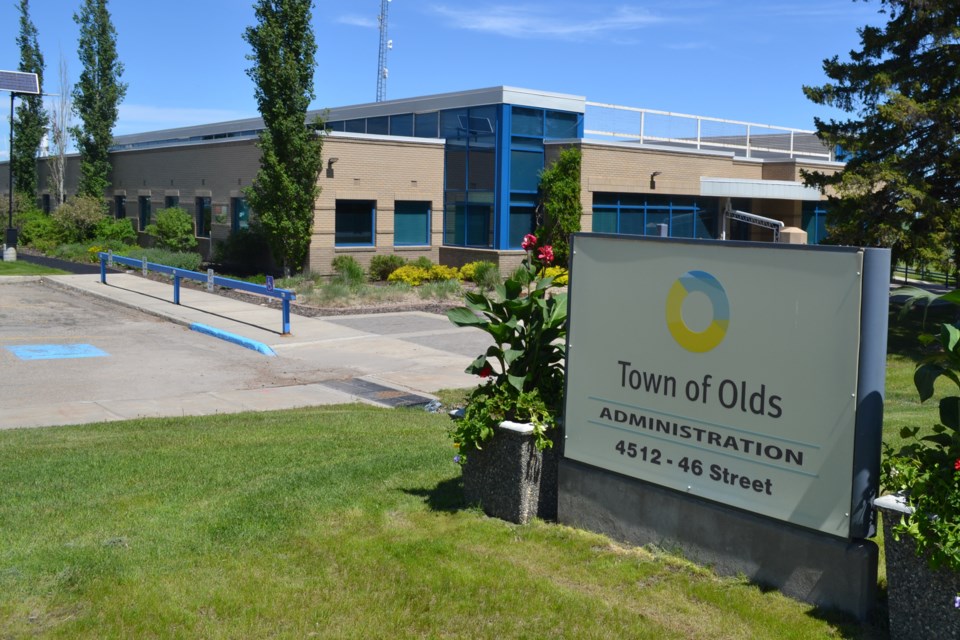OLDS — The $11 million price Telus paid for O-NET didn’t fully cover the $19 million debt owed, but the Town of Olds has a plan to pay off the remainder, and that includes another 2.5 per cent tax increase next year.
Olds Fibre Ltd (OFL), operating as O-NET, the municipally-owned high-speed internet and phone service, was created about 11 years ago by community volunteers with Olds Institute due to concerns among local residents and businesses about access to high-speed internet and other issues.
It achieved national fame back in 2013 as Canada's first community-owned fibre-to-the-home provider offering gigabit internet.
Details of the sale of O-NET, the history of the debt accumulated and what led to the decision to sell the company are included in an O-NET Financial Closure Report, released May 5 online and during town council’s committee of the whole meeting.
After O-NET was sold Nov. 5, 2024, about $8.9 million of debt remained outstanding.
The full sale proceeds won’t be released November 2026. The Town of Olds will also be making payments on the debt (one is expected next month or in July).
Once all those payments are made, about $3 million will be left owing between now and 2031, the town's chief administrative officer Brent Williams says.
In an email, Williams said that equates to a 2.5 per cent tax “impact” in this year’s town budget and an additional 2.5 per cent next year.
During the committee of the whole meeting, Williams said the whole OFL/O-NET experience taught a valuable lesson.
“I guess if I had to have one learning from this, because it’s important to take the bad with the good, is that the Town (of Olds) has learned it does not belong in private enterprise, and I believe that going forward,” he said.
Williams also said the company and even the debt it incurred resulted in some positive outcomes in Olds.
For one thing, he said its existence probably lured people to Olds who might otherwise not have moved here and that’s good for the economy.
Secondly, fibre connectivity created via OFL/O-NET is a huge advantage, although it’s now controlled by Telus.
“We do not have the horsepower, nor the money, nor the wherewithal, nor the knowledge to actually understand what this gigabit infrastructure could do,” Williams said.
“This is gigabit is something does not exist in vast majority of rural Alberta, outside of major centres. It exists here, and Telus has the horsepower to leverage it.”
Coun. Darren Wilson said he was considering a notice of motion regarding Town borrowing or financing of capital, “to protect future councils from themselves.”
However, corporate services director said such a policy is “already in the works” and is likely to come before council in July.



